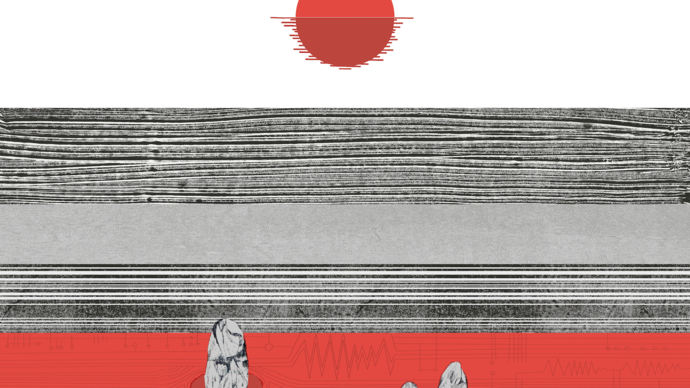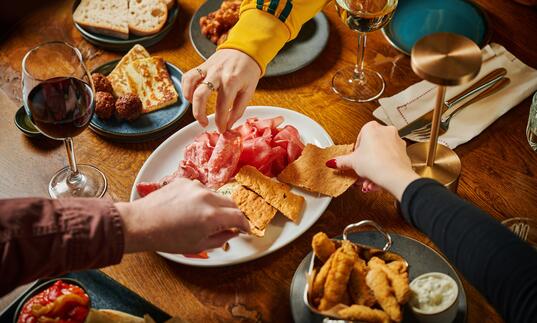Susumu Hani blurs the line between fiction and documentary in his feature film debut. Bad Boys depicts the disaffected lives of 'sun tribe' delinquents (similar to the 'greasers' in the US). Filmed in a dispassionate cinema-vérité style, Bad Boys chronicles the militaristic daily routines of reform school life with little sense of release or salvation. Relief from the grind is found through occasional triumphs of collective action, which point to Hani’s Marxist credentials, and in the aching score from avant-garde musical pioneer Tōru Takemitsu.
Special thanks to Iwanami Audio-Visual Media Inc. for facilitating this 35mm showing of Bad Boys, paired here with Kioto Aoki's Studio Sunrise: a reflected self-portrait imitating movements of the sun.
Introduced by Marcos Centeno (Film Studies, SOAS).
Susumu Hani (b. 1928) was a central figure of the Japanese New Wave. A staunch believer in cinema's capacity to provoke social change, Hani's work ranges from sensitive and lyrical documentaries (Children who Draw), to the raw vérité-style Bad Boys, and the psychosexual surrealism of Nanami. Hani was dedicated to filmmaking as a collaborative process and, subsequently, his actors and documentary subjects were given considerable creative input. He made the lives of disenfranchised sections of Japanese society visible and allowed those on the margins to dictate how they were represented on screen.
Kioto Aoki is a conceptual photographer and experimental filmmaker who also makes books and installations engaging the material specificity of the analogue image and image-making process. Her work explores modes of perception via nuances of the mundane, with recent investigations focusing on perceptions of movement between the still and the moving image. She is also working on a series of dance-movement films.
She received her MFA and BFA from The School of the Art Institute of Chicago and is currently a 2017-2018 HATCH artist in resident at the Chicago Artists Coalition.








